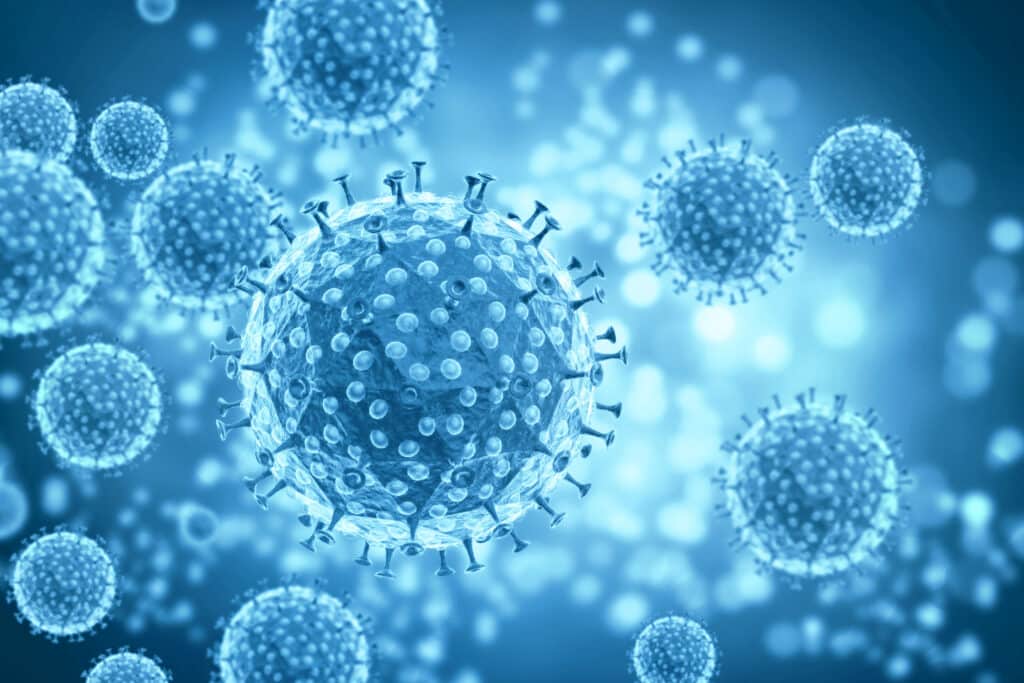The coronavirus has created panic throughout the world. Many individuals describe feeling worried that this virus has become a global health crisis. The media coverage has instilled fear especially since there is a significant amount of information that remains unknown to us. We have heard of thousands of individuals becoming infected and there are reported concerns that it is continuing to spread. Similar to adults, children who have heard about the coronavirus from the news coverage, peers, teachers, or parents are beginning to worry about an outbreak. As a result, more and more parents are reaching out to professionals to learn how to appropriately talk to their children about the coronavirus without increasing their worries.

We teach children to wash their hands, sneeze and cough into their elbows, and to not touch their face. However, the majority of us feel at a loss and do not know how to teach our children to stay safe from a virus we know very little about. Fortunately, the Center for Disease Control (CDC) and other health organizations have begun to outline important facts that parents should share with their children and the provided information is similar to ways parents should handle other illnesses, such as the common cold and the influenza virus.
Most importantly, having age-appropriate discussions with your child about medical illnesses and staying safe provides them with correct information. It is recommended that you speak about the coronavirus just like you would educate them about the flu. You should ask your child what they know about the coronavirus and if they have any questions about it. Gently correct any false information and continue to have these conversations frequently to address any additional concerns that may arise. Additionally, providing children with reassurance by helping them understand that as a parent, you will take all precautions and make sure the family will remain as safe as possible.
Discussing the coronavirus also provides an opportunity to help your children make positive changes and develop healthy habits. Using this opportunity to emphasize the importance of washing their hands, getting enough sleep, staying hydrated, and eating nutritious food will allow your child to take a proactive approach to maintain their health. Discourage your children from sharing drinks or utensils with their friends and explain how these actions could prevent the spread of bacteria and germs.
If your child does display some cold or flu symptoms, calmly let them know you will take them to their pediatrician to help them feel better. Handling any illnesses in a calm, but proactive way will help keep your child feeling relaxed. Remind them that it is common for children and adults to catch a cold and their doctor will be able to give them advice and monitor their symptoms closely.
If your child continues to experience worries about the coronavirus, then it may be beneficial to meet with a qualified psychologist to help them develop effective coping mechanisms. Psychologists at Miami Psychology Group are currently accepting new patients in the Miami and Miami Beach area.